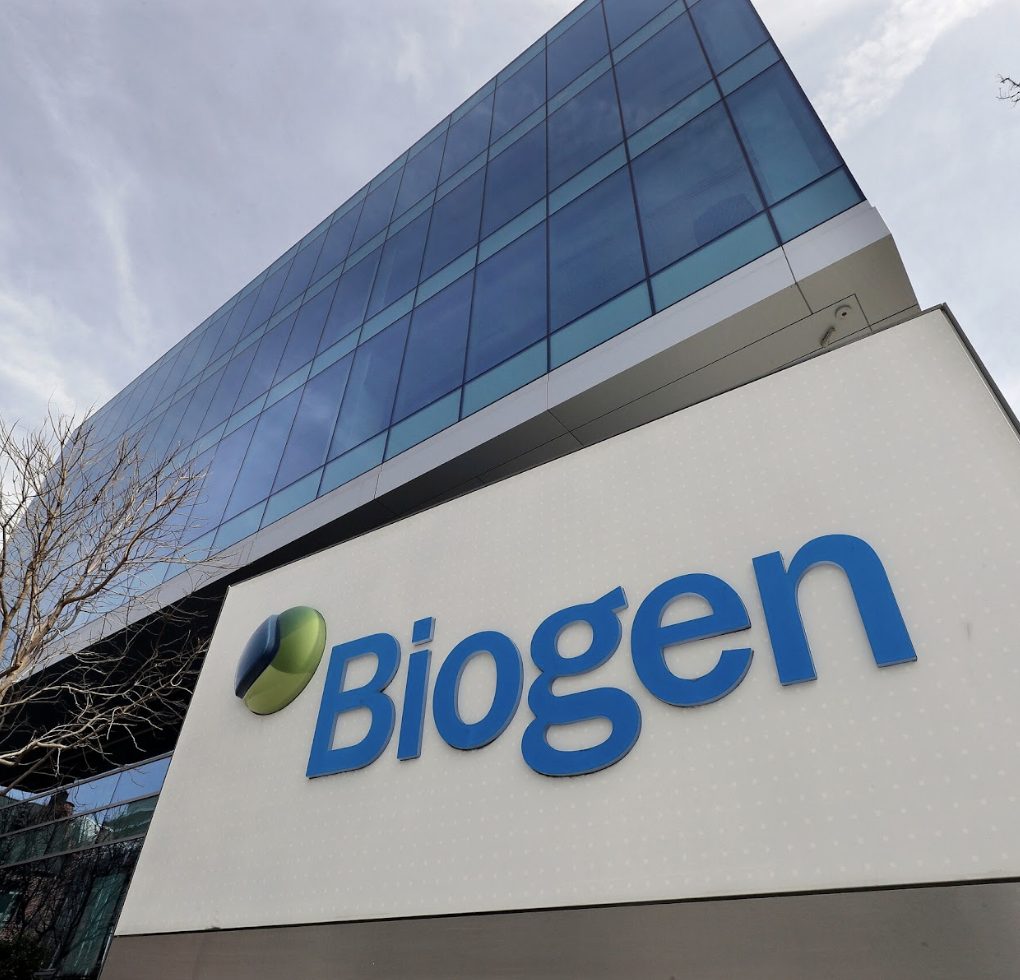By: Jayme Fisher

On Sept. 27, Eisai announced in a press release that the results of a trial saw a breakthrough in Alzheimer’s disease treatment. The drug used in the trial was lecanemab, which is an experimental monoclonal antibody designed to break down clumps of toxic proteins in the brain that are argued to be responsible for the cognitive decline of Alzheimer’s disease, according to New Atlas.
The results were from a Phase 3 trial led by Eisai and Biogen that recruited around 2,000 participants who were in the early stages of Alzheimer’s disease. This meant that the participants were only showing a few signs of cognitive impairment. Half of the participants were given nightly lecanemab infusions every two weeks for 18 months while the other half were given placebo infusions.
The trial’s goal was to measure cognitive decline using the Clinical Dementia Rating-Sum of Boxes (CDR-SB). After the 18 months concluded, the group given the lecanemab infusions showed signs of slower cognitive decline compared to the placebo group. Members of the lecanemab group showed 27% slower cognitive decline.
Those in the Alzheimer’s disease research community have suspected for a long time that amyloid beta proteins are one of the causes of the disease, which is what lecanemab targets. Bart De Strooper, from UK Dementia Research Institute said, “This is a very encouraging result for the Alzheimer’s research community, demonstrating that we are moving in the right direction by targeting clearance of the amyloid beta protein.”
The Wall Street Journal explains that Eisai and Biogen’s trial results will not be released until November, however, the results are sparking hope for those suffering from the disease.
Despite the hopeful breakthrough, it is important to note the drug’s potential side effects. The Wall Street Journal reported that 12% of patients in the lecanemab group developed swelling and bleeding in the brain. Side effects like these show that the advancement is fairly new and still needs more testing and thorough research.
Furthermore, the drug, since it needs fortnightly infusions, is not an affordable treatment. This means that, if approved, many patients might be unable to receive the treatments due to the mere cost. However, New Atlas reported that Eisai and Biogen are working on developing a subcutaneous version, which would allow patients to self-administer the drug at home.
The results of the study are exciting and are bringing hope to the Alzheimer’s community. There is still more work to be done, but progress is progress. The Wall Street Journal reported the full results from the Phase 3 Trial will be released in November, which will provide more clarity. In addition, the Wall Street Journal reported that the Food and Drug Administration is set to decide if lecanemab would be approved in January.
Sources: New Atlas, Wall Street Journal
